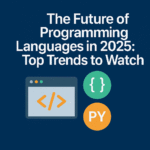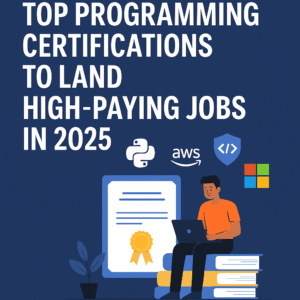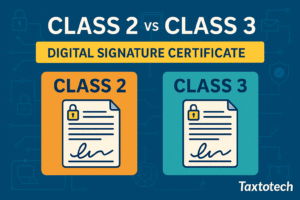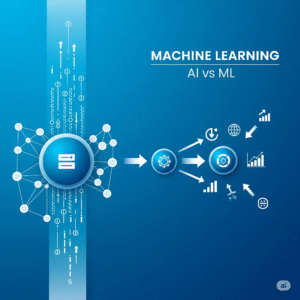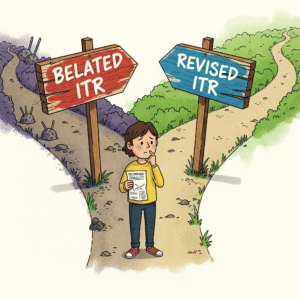Java Language: The Evergreen Giant of Programming in 2025 and Beyond
Taxtotech Readers, Welcome to the World of Java with Taxtotech!
If you’re curious about how some of the world’s biggest tech companies build secure, scalable, and efficient systems—Java Language is at the heart of many of them. At Taxtotech, we’re diving deep into this iconic programming language—from its humble beginnings to its futuristic evolution.
Whether you’re a beginner or a seasoned developer, understanding Java’s full story can give you a serious edge in today’s tech-driven world. 🌐
🧠 What is Java Language? (H2)
Java is a high-level, object-oriented programming language that is platform-independent, meaning you can “write once, run anywhere.” It’s used to build web applications, Android apps, enterprise software, cloud-based systems, and even embedded devices.
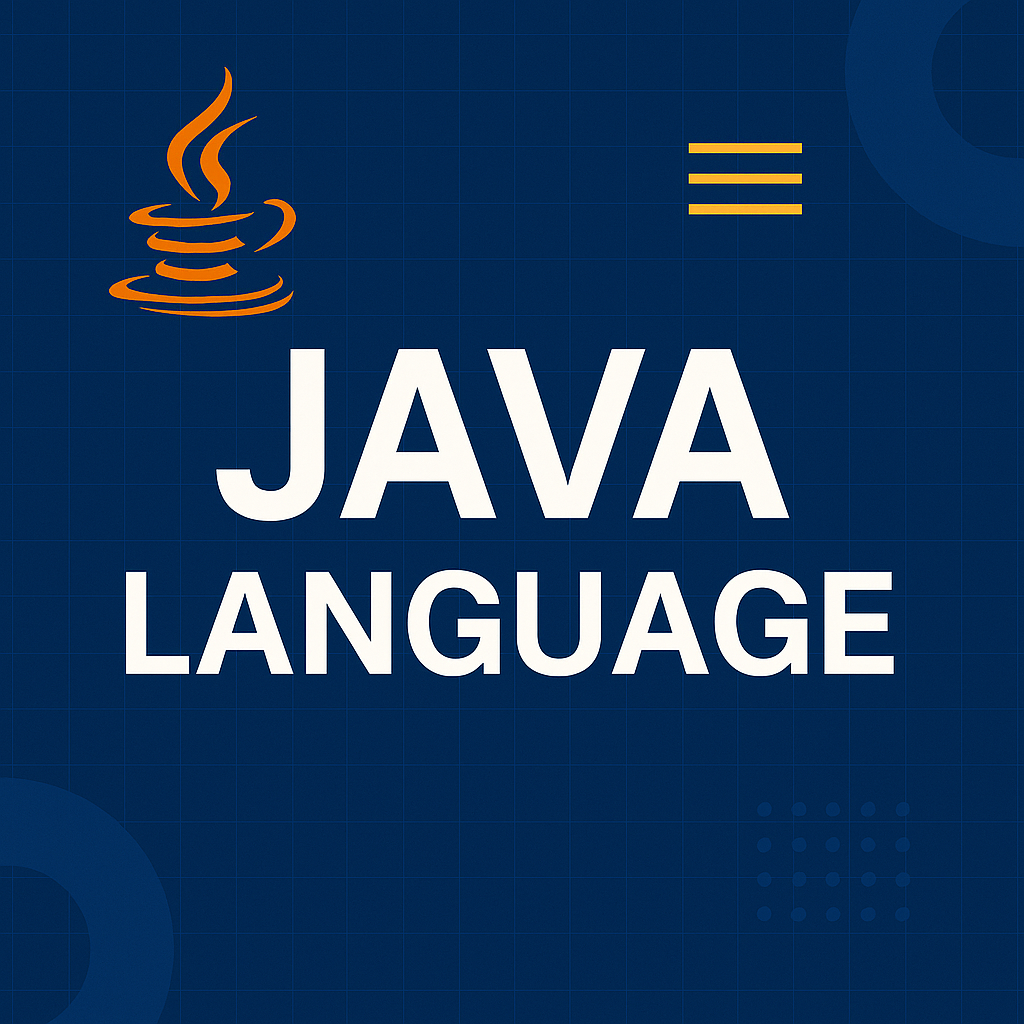
✅ Key Features of Java
- Object-Oriented: Everything revolves around objects and classes
- Platform Independent: Compiles to bytecode, which runs on any OS with JVM
- Secure and Robust: Exception handling, memory management, and sandboxing
- Multithreaded: Ideal for high-performance applications
- Scalable and Portable: Write code once, run it across platforms
⌛ History of Java Language (H2)
The Java journey began in the early ’90s, and it has stood the test of time. Here’s a timeline to showcase its evolution:
📅 Java History Timeline Table
| Year | Event |
|------|--------------------------------------------|
| 1991 | Java project initiated by James Gosling at Sun Microsystems |
| 1995 | Official release of Java 1.0 |
| 2006 | Java becomes open-source under GPL license |
| 2009 | Oracle acquires Sun Microsystems |
| 2014 | Introduction of Java 8 with Lambdas |
| 2017 | Switch to new release cycle every 6 months |
| 2023 | Java 20 released with performance boosts |
| 2025 | Java still among top 3 most-used languages |
🔍 Interesting Fact:
Java was originally called Oak, named after an oak tree outside James Gosling’s office!
🚀 Why Java Still Matters in 2025 (H2)
In a world filled with dozens of new languages—Python, Kotlin, Go, Rust—why is Java still a go-to language for millions?
🔹 Java Powers the Enterprise World
Major banks, fintechs, and e-commerce platforms still rely on Java for mission-critical applications.
🔹 Android Development
Despite the rise of Kotlin, Java remains a fundamental pillar of Android app development.
🔹 Big Data & Cloud
Java frameworks like Apache Hadoop, Kafka, and Spark dominate the data processing space.
📊 Comparison Table: Java vs Other Languages (H2)
| Feature | Java | Python | JavaScript | C++ |
|-----------------------|-------------|-------------|--------------|-------------|
| Platform Independent | Yes | Yes | Yes | Partially |
| Execution Speed | High | Moderate | Fast | Very High |
| Learning Curve | Moderate | Easy | Easy | Hard |
| Mobile App Development| Android | Limited | Hybrid only | No |
| Use Cases | Enterprise, Android, Web | AI, Web | Web | Systems, Games |
🔮 The Future of Java Language (H2)
Java isn’t just surviving—it’s evolving. Let’s look at what the future holds for this tech legend:
🔸 Cloud-Native Java
Modern Java frameworks like Spring Boot, Micronaut, and Quarkus make it easy to deploy Java applications in cloud environments.
🔸 AI & Machine Learning Integrations
Java libraries like Deep Java Library (DJL) and Deeplearning4j are expanding Java’s scope into AI/ML.
🔸 Project Panama & Project Valhalla
Oracle is working on enhancing Java’s native interop and memory model—bringing it closer to systems-level performance.
👨💻 Who Should Learn Java in 2025? (H2)
Java is an excellent choice for:
- Aspiring Android developers
- Students learning OOP
- Backend and API developers
- Developers transitioning into cloud and enterprise systems
- Freelancers looking for global opportunities
💡 Tip from Taxtotech: Java developers earn a strong average salary, and job demand remains consistently high across the globe.
Want to dive deeper into tech, tax, and finance updates? Visit our homepage at 👉 Taxtotech
❓ Frequently Asked Questions (FAQ) About Java Language (H2)
🔹 What is Java used for?
Java is used for web apps, Android development, enterprise systems, financial applications, and even cloud-native microservices.
🔹 Is Java still worth learning in 2025?
Absolutely! Java remains one of the top 3 programming languages, with ongoing innovation, updates, and job market relevance.
🔹 What is the difference between Java and JavaScript?
Despite the names, Java and JavaScript are very different. Java is compiled and used for large systems; JavaScript is interpreted and used for websites.
🔹 Is Java difficult for beginners?
Java has a moderate learning curve, but excellent documentation and a strong community make it beginner-friendly.
📣 Final Thoughts from Taxtotech (H2)
Taxtotech Readers, Java is more than just a programming language—it’s a technology movement that has defined software for over two decades. As we step into the AI-powered future, Java remains stable, secure, and stronger than ever.
Whether you’re building a startup app or joining a Fortune 500 IT team—Java skills will never go out of style. 👨💻🔥
💬 Let’s Keep the Conversation Going!
Have you worked with Java before? Planning to start? Drop your thoughts in the comments below! ✅ Share this post, explore more on Taxtotech, and follow us for regular tech updates!
🎓 Best Free Resources to Learn Java in 2025 (H2)
At Taxtotech, we always recommend learning from trusted sources. Whether you’re just getting started or looking to sharpen your advanced Java skills, these top-rated YouTube channels, websites, and platforms offer completely free Java tutorials.
📺 Top YouTube Channels to Learn Java (H3)
| Channel Name | What Makes It Great | Ideal For |
|------------------------|------------------------------------------------------|------------------|
| Programming with Mosh | Clear explanations, project-based learning | Beginners |
| Telusko | Fun and fast-paced Java tutorials | Beginners/Intermediate |
| Amigoscode | Modern Java, Spring Boot, REST APIs, best practices | Intermediate |
| BroCode | Step-by-step tutorials with real code walkthroughs | Beginners |
| CodeWithHarry (Hindi) | Java explained in Hindi with hands-on demos | Hindi Speakers |
🌐 Top Websites to Learn Java for Free (H3)
| Website Name | Key Highlights | Ideal For |
|--------------------------|------------------------------------------------------------|------------------|
| W3Schools (Java) | Interactive examples, quizzes, and reference docs | Beginners |
| GeeksforGeeks Java | Deep dive into Java concepts + coding challenges | All Levels |
| Java Programming (Coursera) | Free to audit Stanford/UC courses | Beginners/Experts|
| LearnJavaOnline.org | Minimalist, code-in-browser Java learning | Beginners |
| Oracle Java Tutorials | Official documentation from the creators of Java | Experts |
📚 Honorable Mentions – More Java Learning Platforms (H3)
- freeCodeCamp.org – Occasional long-form Java crash courses on YouTube
- edX.org – Offers Java courses from MIT/Harvard (audit for free)
- Codecademy (Free version) – Hands-on Java exercises
- YouTube Playlists by Tech Primers & in28Minutes – Great for Spring Boot & Microservices in Java
🔗 Tip from Taxtotech: Most of these platforms also offer certificates if you choose paid versions, but their free content is more than enough to get you job-ready!


